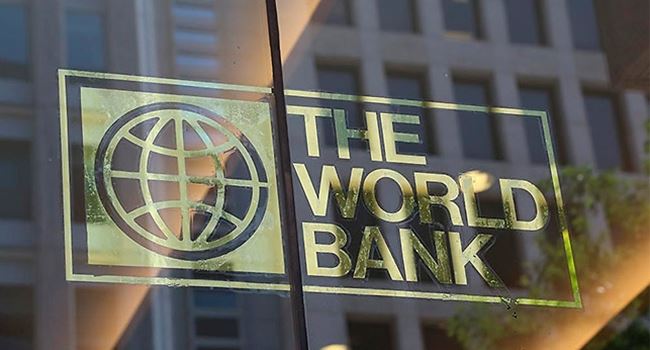Business
World Bank hails Nigerian govt’s removal of fuel subsidy

The World Bank has said Nigeria’s removal of fuel subsidy is a crucial decision taken in the face of the coronavirus crisis.
It observed in its Africa’s Pulse report, a biannual commentary on the near-term macroeconomic outlook of the continent, that sub-Saharan African countries are leveraging the opportunity presented by the crisis to speed up structural reform plans.
“The COVID-19 crisis is not being wasted among countries in the region… In Nigeria, the government has taken important steps to reform its subsidy regime,” the report said.
The Washington-based multilateral lender stated that government had shelved subsidy and introduced a market-induced pricing system with no price limits.
“The gasoline (petrol) price is set monthly by the Petroleum Products Pricing Regulatory Agency from market-based costs.
“When international petroleum product prices start to recover, the PPPRA will allow price increases accordingly.”
A Reuters report in August disclosed that the World Bank might not approve Nigeria’s $1.5 billion budget support facility on the grounds of non-implementation of desired reforms.
Read also: Nigeria’s economic recovery dependent on stronger forex action –World Bank
It went further to say that fuel subsidy and electricity were parts of the precedent conditions, noting that a bank source said the loan might not be approved until October.
The multilateral lender said on Thursday that the real Gross Domestic Product of sub-Sahara Africa would shrink by 3.3 per cent in 2020. It grew by 2.4% last year.
“In Nigeria, after expanding 1.9 per cent year-on-year in 2020 Q1, real GDP contracted by 6.1 year-on-year in 2020 Q2, with growth in the oil and non-oil sectors falling.
“The near-term outlook is subject to considerable uncertainty as the economy continues to grapple with the effects of the pandemic.
“Investment remains weak amid high uncertainty. Growth is projected to fall by 4.1 per cent in 2020 and remain subdued at 0.3 per cent in 2021.”
The World Bank estimated that even though the country’s public debt level would rise, it would stay below 30 per cent of GDP in 2020.
Join the conversation
Support Ripples Nigeria, hold up solutions journalism
Balanced, fearless journalism driven by data comes at huge financial costs.
As a media platform, we hold leadership accountable and will not trade the right to press freedom and free speech for a piece of cake.
If you like what we do, and are ready to uphold solutions journalism, kindly donate to the Ripples Nigeria cause.
Your support would help to ensure that citizens and institutions continue to have free access to credible and reliable information for societal development.






















